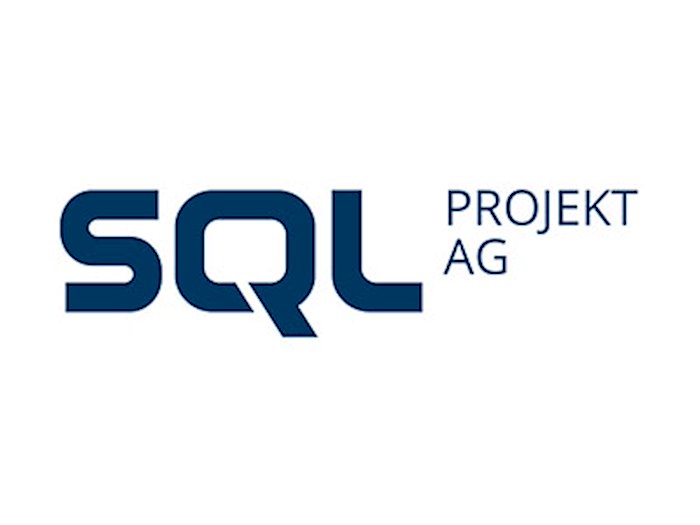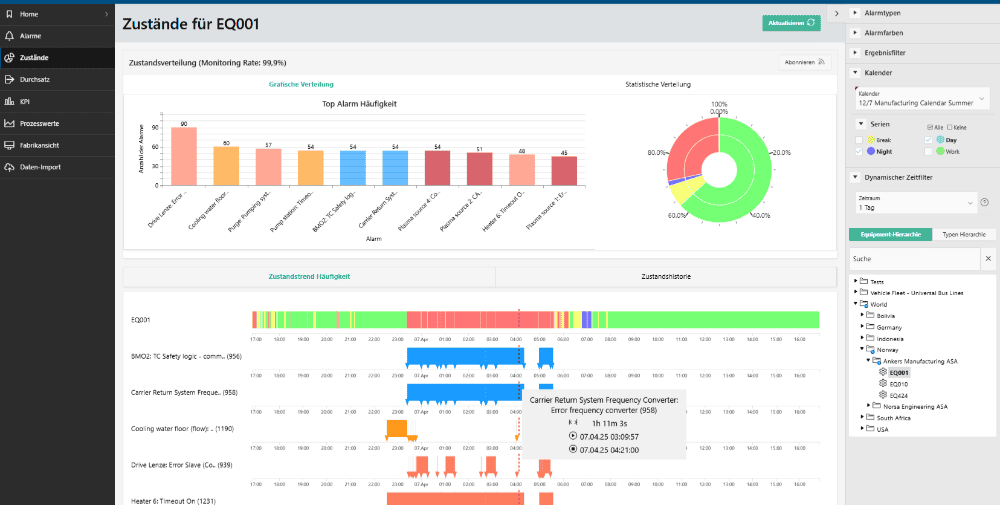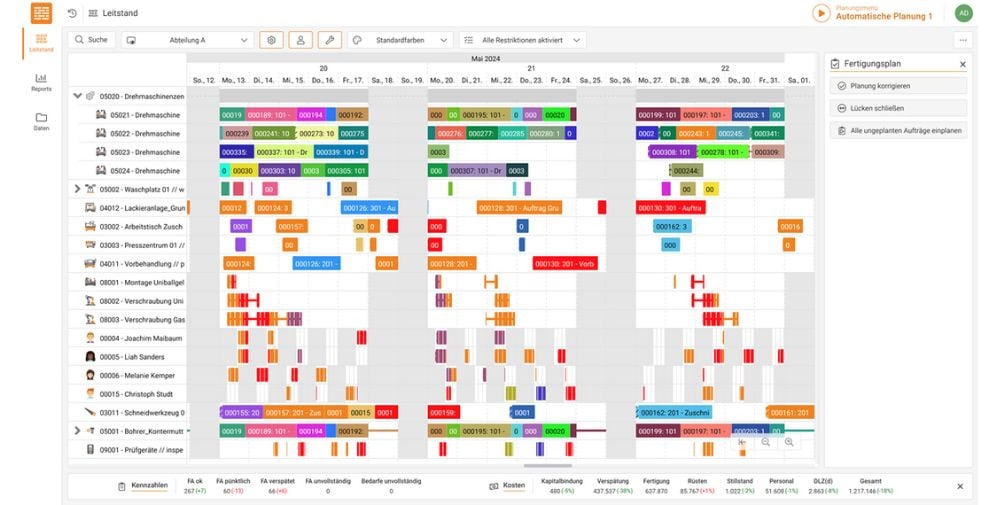
The fact is: with low-code and no-code approaches, many more work processes in the company can be supported with IT than in conventional ways. Thus, the penetration of work processes with IT support increases significantly. In addition Christopher Bouveret, Co-Founder & CIO of Simplifier: “Particularly for medium-size enterprises Low code offers a good possibility of advancing the digital transformation according to the own, individual requirements.”
For the IT industry the creation of value model shifts still more to creation and Nachnutzung of individual solution components, whereby the Nachnutzung takes place increasingly directly by the customers. Stefan Ehrlich, CEO of SQL Projekt AG explains, “Since low-code and no-code approaches enable significantly shorter development cycles, applications can be designed more precisely to fit through iterations such as prototyping or MVPs and can also be adapted more quickly to changing framework conditions. Organizations become more responsive and competitive as a result.”
“Low-code is highly relevant”
Low-code and no-code approaches are virtually based on prefabricated software building blocks. These can be configured in the project by the customers themselves or by service providers and assembled into complete applications. To enable this to be done by as many people as possible without IT training, visual concepts are used rather than programming languages. “In the corresponding editors, program interfaces are put together as they look in the finished application, or processes are described via flowcharts. This is our daily business with our customers,” Ehrlich continues. It is also clear to Ehrlich that “the selection of the development model – integrated, application-oriented, workflow-oriented or process-oriented – has a major influence on the achievable benefits in the company”.
And that is exactly what the Low-Code Day will be about. The event will focus on topics such as low-code in business organization, project and development management, technology & future (low-code & AI), digitization of administration (public sector), low-code in medium-sized businesses and industry, digital business processes and low-code developers. According to a recent ERP study by the consulting firm Trovarit, almost a third of larger companies now classify these development platforms as a trend with high relevance. With small companies it is still about 16 percent.
Stefan Ehrlich on the importance of low-code and no-code for companies. “If a third of employees rate low-code as relevant, I think that is a clear signal that low-code is defacto relevant and more than a trend. What’s interesting is that in small companies, which suffer even more clearly from IT skills shortages, the perception of the relevance of low-code is much smaller. I think this is because IT penetration and awareness of the potential that IT solutions bring is simply not yet as high in smaller companies as it is in larger ones.”
Facts about Low-Code Day
– 250 participants (decision makers)
– 5 keynotes
– 30 technical presentations & workshops in 6 parallel tracks
– 30 exhibitors
– 3 cooperation partners
– Panel discussion, break-out sessions, group meetings, hackathon
The goal of the German Low-Code Day 2023 is for visitors to get a cross-vendor picture of the development status and possibilities of low-code and no-code technologies. The congress is dedicated to the topic of low-code in its entire spectrum. It is not just about the technology as such, but also about questions relating to organizational structures, procedural models and responsibilities, as well as all kinds of related topics, from the new job description of the low-code developer to questions about software maintenance and operation in multi-cloud infrastructures and highly secure data centers. The congress is aimed at CIOs, CTOs and CDOs from business and government and their representatives and fellow participants, as well as CEOs and CTOs of large and medium-sized IT service providers.
Jens Stier, Co-Founder & CEO of engomo, once again summarizes the importance of low-code and the Low-Code Day 2023: “Companies must digitize their processes and business models in order to be successful in the future. Today, no new project, no matter in which specialist area, can get by without the associated IT solutions. While the requirements and number of digitization projects are increasing, companies are confronted with limited capacities in IT. Here, low-code platforms offer elegant solutions, which will be demonstrated at Low-Code Day in a wide variety of forms.”
About SQL Projekt AG
SQL Projekt AG (Dresden, Germany) supports its customers in accelerating and securing value creation based on data. Very early on, the SQL Projekt AG team recognized that in the digital age, the efficiency of the tools used to collect, store, process and evaluate data is of central importance to the success of a company.
So, with its Transconnect product, which has been successfully deployed on the market for over 20 years, SQL Projekt supports companies from a wide range of industries (including the manufacturing and food and beverage industries) as well as public sector institutions in automating data provision and production processes. The software is an integration platform that connects control systems for operations, processes and machines (MES, SCADA, PLC or intralogistics systems) with software systems for management and organizational processes (ERP, CRM or PLM). Transconnect is edge-capable, i.e. so compact that it can be operated on small computers directly in production, for example connected via 5G.
The product vision is a distributed network of Transconnect nodes that can be used to automate entire process chains end-to-end and provide required key figures for process optimization. Typical application areas of Transconnect include Industrial Internet of Things (IIoT), business process automation – & mobilization, SAP integration, cloudification, and master data management.
– – – –
Further links
👉 www.sql-ag.de
Photo: SQL Projekt




